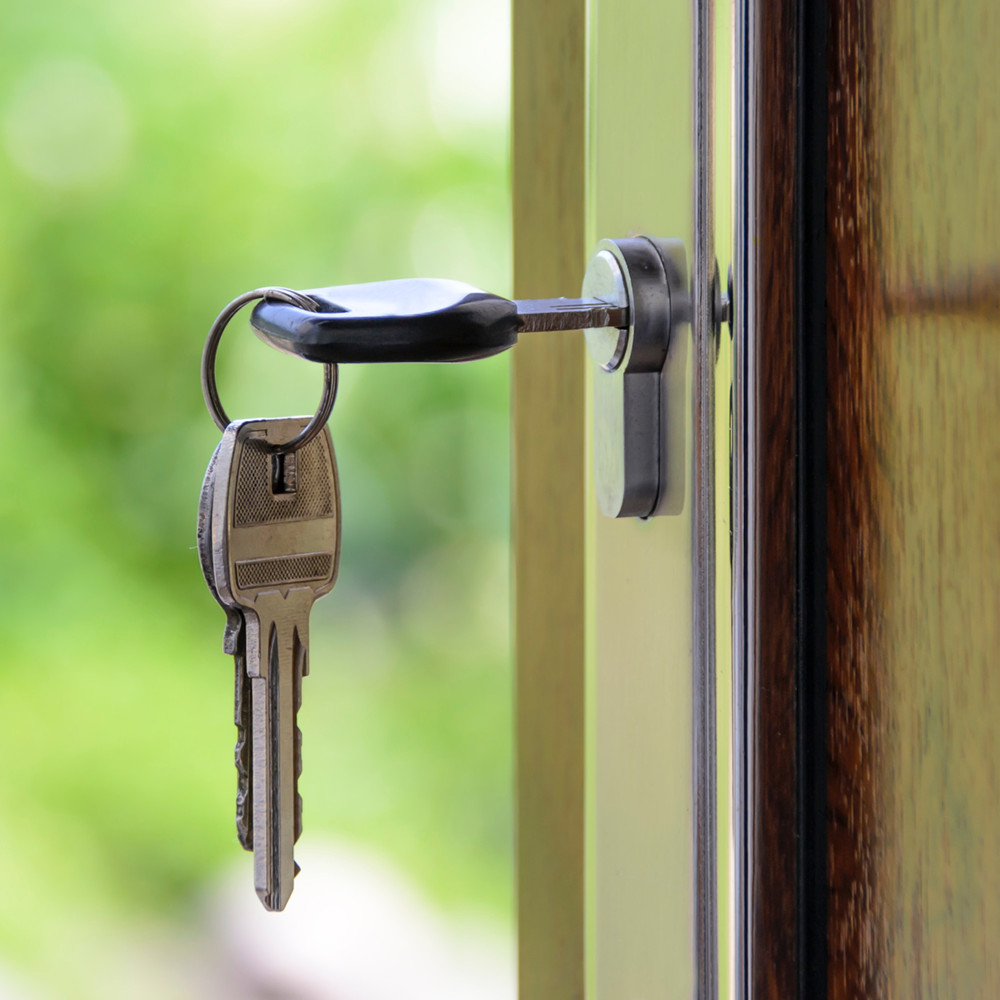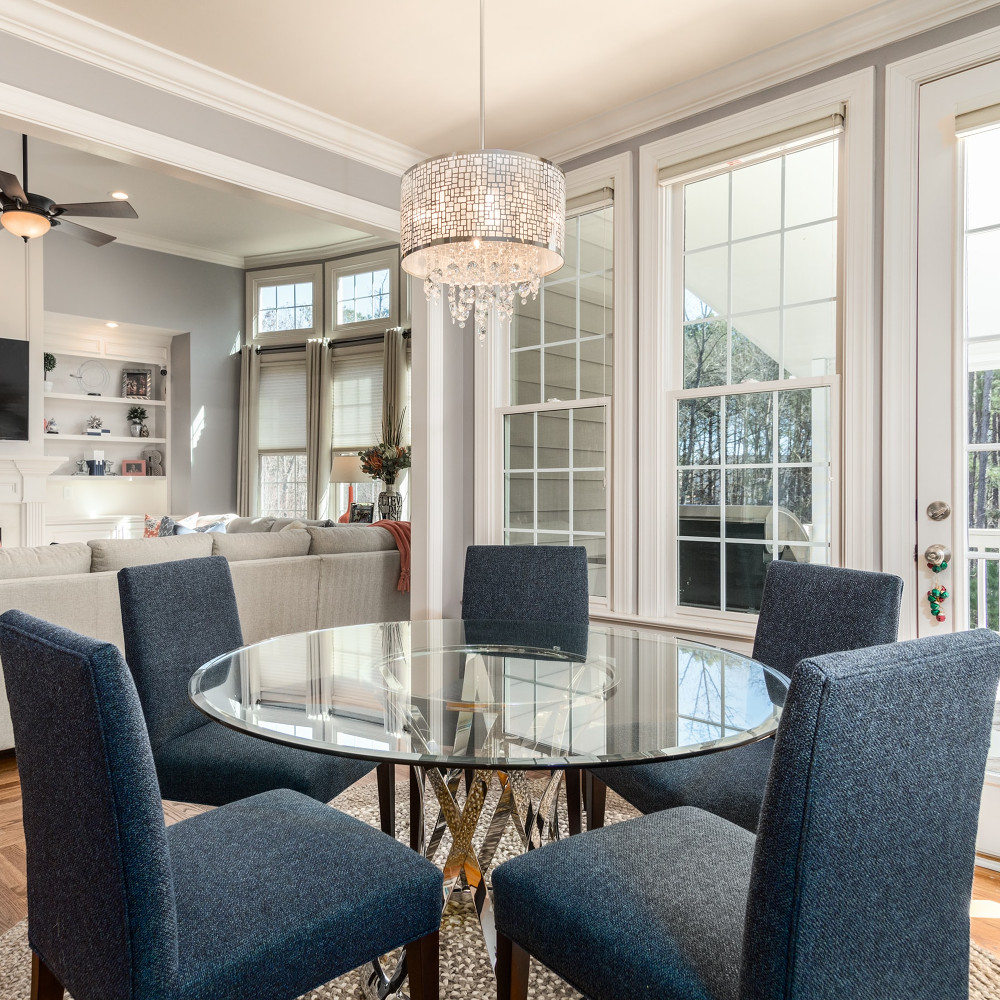How exciting is the thought of buying a house! Perhaps it is even your first house. You may be envisioning your ideal home, the perfect yard, a great school system, the granite counter tops, and even the brand-new shiny appliances. Stop right there though! You completely forgot to consider an extremely important part in the home buying process. An aspect that many buyers frequently forget, and honestly, one that has cost many potential buyers an amazing home. So, that is why I’m here – to provide brief information that will better prepare you on your journey of purchasing your dream home. Not budgeting correctly for a house is a mistake many people commonly make. Like in the beginning scenario, most people think about all of the exciting possibilities but, when it comes to finally finding the house they want, they are suddenly faced with financial costs that they were either unprepared for or did not fully understand. I want to go over some of those upfront costs with you, so, you will have an idea of how to budget for purchasing a home.
- Firstly, will need at least a 1% Escrow Money Deposit (EMD) for when a contract is executed. This money is also referred to as a “good faith” deposit. Simply put, you will need to have at least 1% of the total purchase price of the house ready to be placed in an escrow account. For example, a purchase price of $300,000 would require a minimum of $3,000 in escrow. Once a contract is fully executed, meaning both parties have agreed to the terms of the contract and have signed, the escrow deposit needs to be made within 3 days after the fully executed contract is delivered to the buyer’s agent. This escrow amount of 1% essentially sits in a neutral account, with either the title office or an attorney, and does not belong to the seller or the buyer yet. The money is eventually applied to the buyer’s closing costs or their down payment. An offer cannot be accepted without sufficient funds toward the EMD. Since the escrow is considered security, the more money you are able to put toward it, the more serious and better your offer looks to the seller.
- The next cost to consider when learning how to budget for purchasing a home is the cost of the home inspection. This cost can range anywhere between $250-$500. The home inspection involves a licensed home inspector coming out to the property which is under contract with you and inspecting the house for any major issues, as well as inspecting major components and systems (such as the air conditioning unit, roof, electric, appliances, plumbing, and the foundation). The entire inspection can take approximately two hours, give or take. A home inspection prevents you from buying a home that could have potentially disastrous or expensive consequences in the future.
- The third cost you will need to account for is the appraisal The appraisal happens after the inspection checks out, all necessary repairs are completed, and both parties are clear to move forward with their contract. An appraisal typically costs around $500 and is paid for with a credit card. The mortgage company you have chosen will order an appraisal with a neutral party that is licensed to determine the value of the home you are purchasing. However, there is some great news with this cost! If you are a firefighter, law enforcement, military (active or retired), healthcare professional/EMS, or a teacher trying to purchase a home, go through a Homes for Heroes Lender and your appraisal will be free! Click here to learn more about how this amazing program serves our community’s heroes or go ahead and sign up here today!
- The final cost that you will need to budget for before purchasing a house is called closing costs. These costs can vary depending on the type of loan you use. The three main types of loans are FHA, USDA, and Conventional. If you are using an FHA loan, you will need to budget for a 3.5 % down payment. If you are using a USDA loan, which is 100% financing, you will still need to budget for a 3-6% closing cost fee. Finally, if you choose to use a Conventional loan, you will be required to have 5-20% down payment. With a Conventional loan, if you put 20% down, you will skip the Private Mortgage Insurance (PMI) fee that comes with your monthly payment.
In conclusion, these are the basic upfront costs that you need to know when thinking about how to budget for purchasing a home. Wisely consider, discuss, and prepare for these costs before even starting the process of looking for that future dream home of yours. Doing so will allow you to start this adventure in optimal conditions and help eliminate any unnecessary stress.

